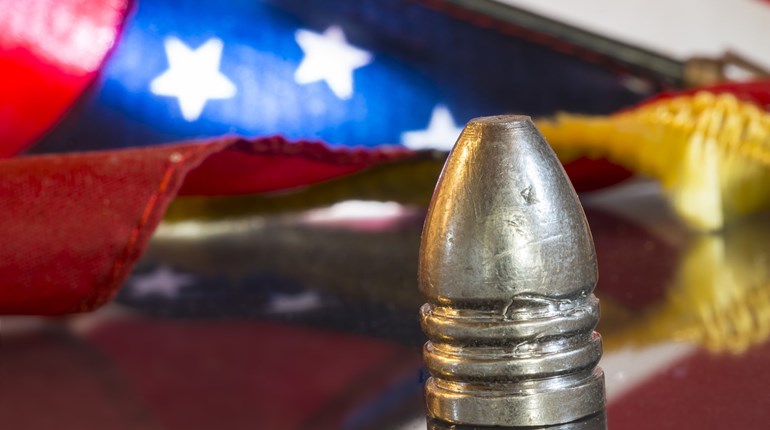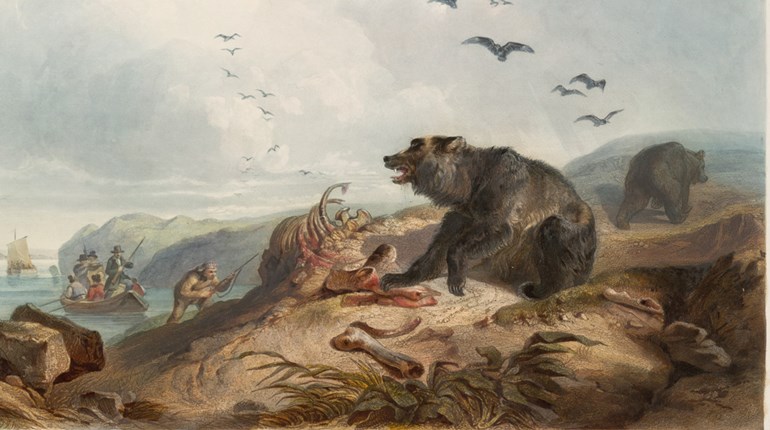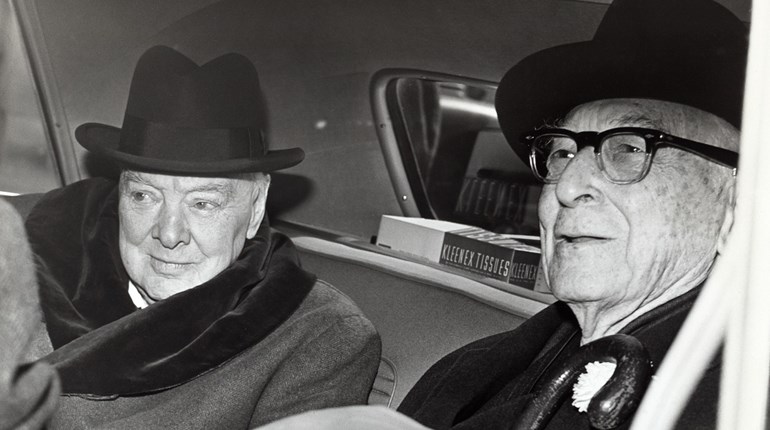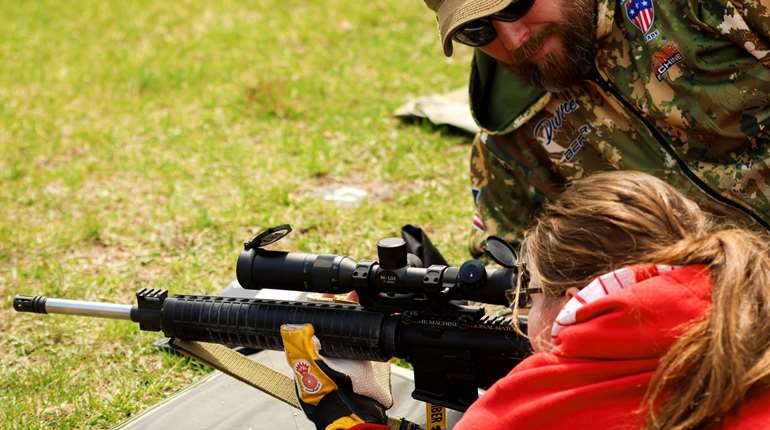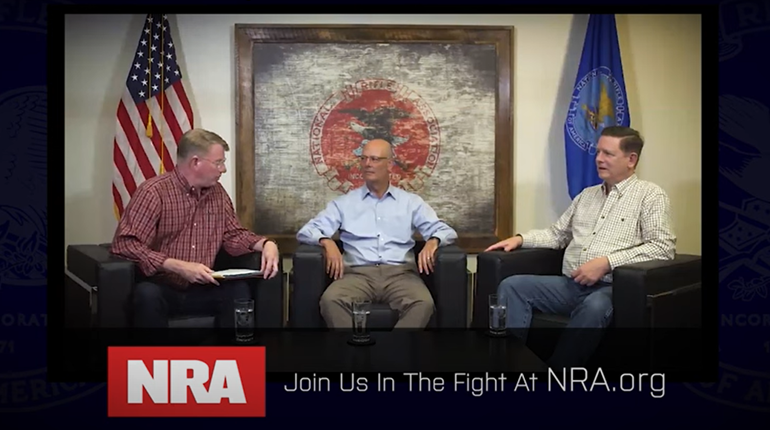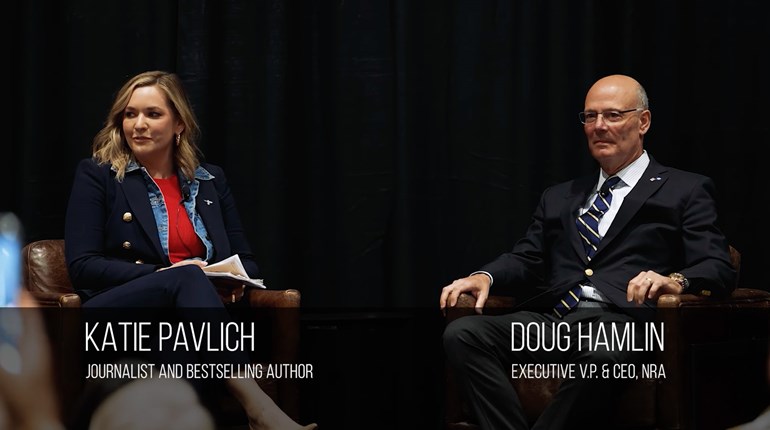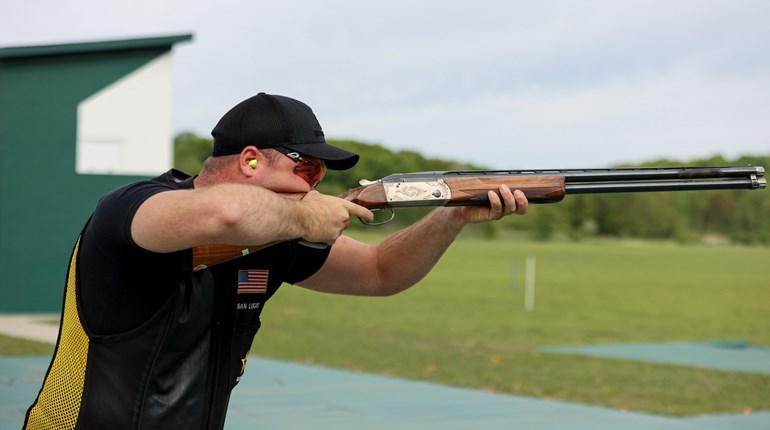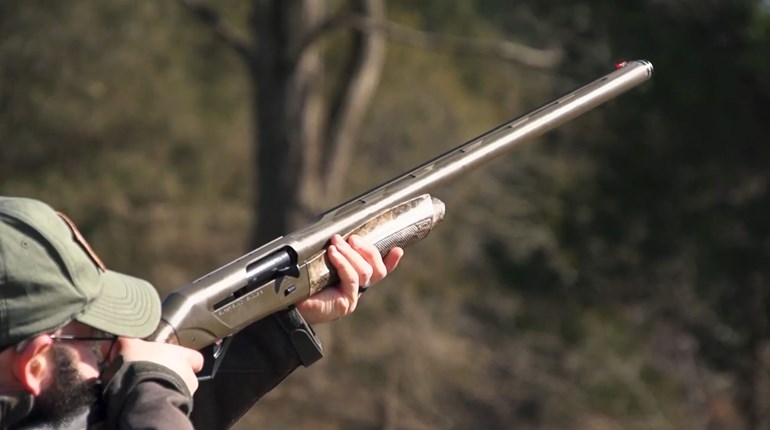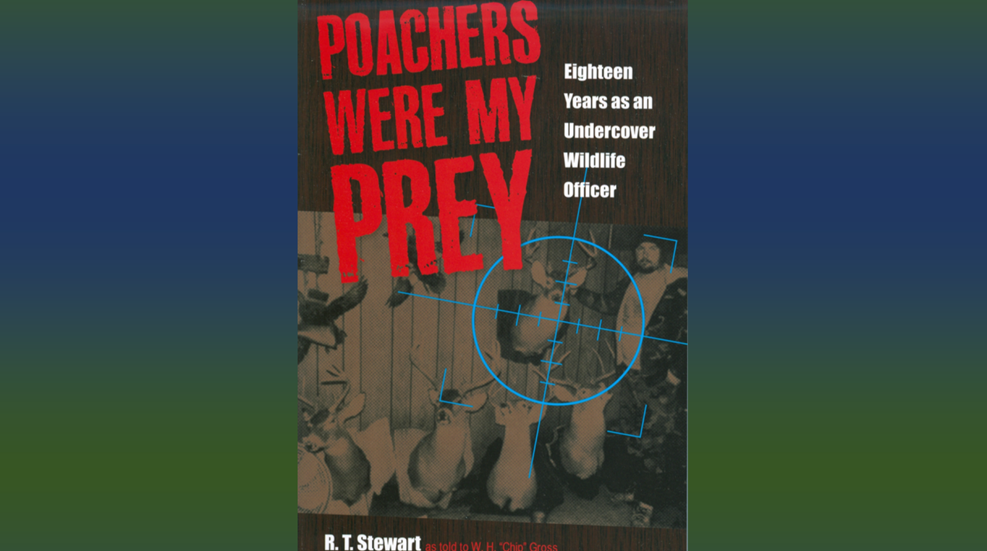
“You ain’t no d*mn game warden, are ya?” the poacher snarled.
I looked him straight in the eye and lied. “Game warden…? I ain’t no game warden!”
The poacher paused, mulling over my answer, and added quietly, “Then why you askin’ so many questions?”
That terse, brief conversation constitutes the opening lines to the book Poachers Were My Prey. Published in 2012 by Kent State University Press, it is the true story of R.T. Stewart, Ohio’s first undercover wildlife law enforcement officer. Employed by the Ohio Department of Natural Resources, Division of Wildlife, Stewart spent 18 years chasing poachers through the woods, fields and marshes of the Buckeye State, as well as across the choppy waters of Lake Erie.
Poachers is an as-told-to book, meaning that Stewart recounted to me the many stories of his exciting undercover adventures, and I then wrote the book in the first-person, as if R.T. himself were speaking. I recently reconnected with Stewart, and not surprisingly, our conversation turned to his undercover life. Now retired more than a decade, those years have given him time to reflect on his career, and some of his observations may surprise you. But more about that shortly …
Poaching, the illegal taking of wildlife, goes on every day across the United States and other countries throughout the world. Multiple millions of dollars change hands annually from the illegal sale or trade of antlers, hides, horns, meat, feathers, fur, teeth, claws, gall bladders and other wild-animal parts. As a result, wildlife populations suffer—including some endangered and threatened species—and legitimate, law-abiding sport hunters get a black eye.
R.T. Stewart dedicated his professional career to stopping such slaughter—including actually living with poachers for months or even years on end.
“In essence, I hunted men for a living,” he said. “My shortest undercover case lasted 14 months, and my longest took four years. Being an effective undercover officer involves living a lie. You’re constantly pretending to be someone you’re not.”
Undercover law enforcement work is extremely dangerous, and as a result, extremely stressful. In addition to the physical danger of possibly being found out by the bad guys and killed, there are also psychological dangers. Stewart recalls, during one particular case, nearly getting too far “under” and coming close to forgetting his real identity. Many undercover officers have crossed that line and become the very person they initially swore to stop. In Stewart’s book, you get an up close and personal opportunity to look over his shoulder as he deals with the many temptations offered an undercover officer, yet still gets the job done and brings the poachers to justice.
The first time R.T. Stewart thought he was going to be shot and killed by poachers occurred during his very first undercover case. He was staying with a group of poachers in a sleazy motel in southern Ohio when the incident happened.
“Driving into the motel parking lot, I pulled up and parked in front of the door to the poachers’ room,” Stewart remembers. “I had one of the poachers with me—we were sitting in my pickup truck eating sandwiches and talking—when I saw the door to the poachers’ motel room slowly begin to swing open. I continued watching the door and all of a sudden I saw the muzzle of a twelve-gauge shotgun pointed directly at me, not 20 feet away!
“The first thought racing through my mind was that the bad guys had set me up and were going to kill me. I dropped the sandwich I was eating into my lap and started to reach for the handgun concealed under my coat. About that time, however, the guy pointing the shotgun at me broke up laughing—it had all been a joke!
“It may have been a joke to the poachers, but it scared the hell out of me. I jumped out of the truck and started cussing the poachers, who were all laughing their heads off. I tried to hide my real feelings by acting tough, but in reality I was just glad to be alive.”
One of R.T. Stewart’s most lengthy and complex undercover investigations was known as Operation Clanbake, so named because one of the two groups of poachers targeted in the case called themselves “The Clan.” It began in the spring of 1992, and involved the illegal killing of hundreds of white-tailed deer in southeast Ohio, as well as the illegal snagging and sale of walleyes from the Maumee River, a major Lake Erie tributary.
Over a period of several months, Stewart slowly infiltrated the two groups of poachers and eventually introduced the leaders of each group to one another.
“The two poachers took such a liking to each other during that very first meeting that we all went out after dark that night and shot three deer together illegally,” said Stewart. “We drove the rural roads shining the woods and fields with a flashlight, then shot the deer in the head or neck from the vehicle with a .22 magnum caliber rifle, equipped with a telescopic sight.
“Something that really bothered me during that very first night of poaching with those guys was that all three of the deer we killed were does carrying unborn twin fawns. Whitetails in good habitat normally give birth to twins each spring, sometimes even triplets or quadruplets. It bothered me to know that not only the deer we’d killed were females, but that they had young in their wombs.”
Stewart continued, “Those hardcore poachers, it seemed, simply didn’t care. To them, each deer was just another slab of meat with a dollar sign on its head. That was my first up-close encounter with men who appeared to have no conscience about killing wildlife illegally. It shocked me, and I vowed that I would do whatever it took to eventually see those guys behind bars. And I was willing to place my life on the line to make it happen.”
Months later, following many such similar poaching incidents, teams of uniformed Ohio wildlife officers were assigned, assembled and briefed. The takedown in the case happened at dawn, February 10, 1993. All the suspects were arrested simultaneously, without incident, and transported to either Chillicothe or Gallipolis, Ohio, for incarceration.
Clan members and others, a total of 20 people, were charged with 256 wildlife law violations. Found guilty, they were assessed tens of thousands of dollars in fines, ordered to pay restitution to the state of Ohio for the loss of wild animals, and received revocation of hunting privileges for a combined total of 88 years. In addition, The Clan forfeited one vehicle and four firearms to the state, were sentenced to 86 days in jail (with 30 years’ probation), and were ordered to do community service work involving 19 different programs.
“I will never forget the emotions I experienced that night,” said Stewart. “When I finally got home and realized that everything was over, that Operation Clanbake was complete and a success, I cried like a baby. No doubt that emotional letdown was a relief from all the mental strain I had been under for nearly a year and a half.”
Toward the end of our conversation, I bluntly asked R.T. if—looking back—his nearly two decades undercover had been worth it. He paused, thought deeply for a moment, hesitated, then shook his head and said simply, no.
“Don’t get me wrong,” he said. “I’m proud of what I did and the number of bad guys we put behind bars, but I paid a high price in my personal life. For instance, I developed heart problems, which is why I had to leave undercover work when I did. The doctors told me that the high level of adrenalin pumping through my system for years had damaged my heart. Also, my wife and I divorced, mainly because I was away from home so much during those years that we grew apart. And I didn’t take the time to spend with my two children that I should have when they were growing up. I’m trying to make that time up with my grandkids today.”
The regret Stewart feels is evident on the dedication page of Poachers Were My Prey. It reads: For my two kids, Clint and Bobby Jo, who I never saw enough of during my undercover career.
Both print and audio versions of Poachers Were My Prey: Eighteen Years as an Undercover Wildlife Officer can be purchased online from Amazon.com. Click here to order. If you’d like to hear R. T. Stewart on a recent, free podcast, go online to Bear Grease and click on episodes 78 and 80, titled Secret Agent Man, Parts 1 and 2.













